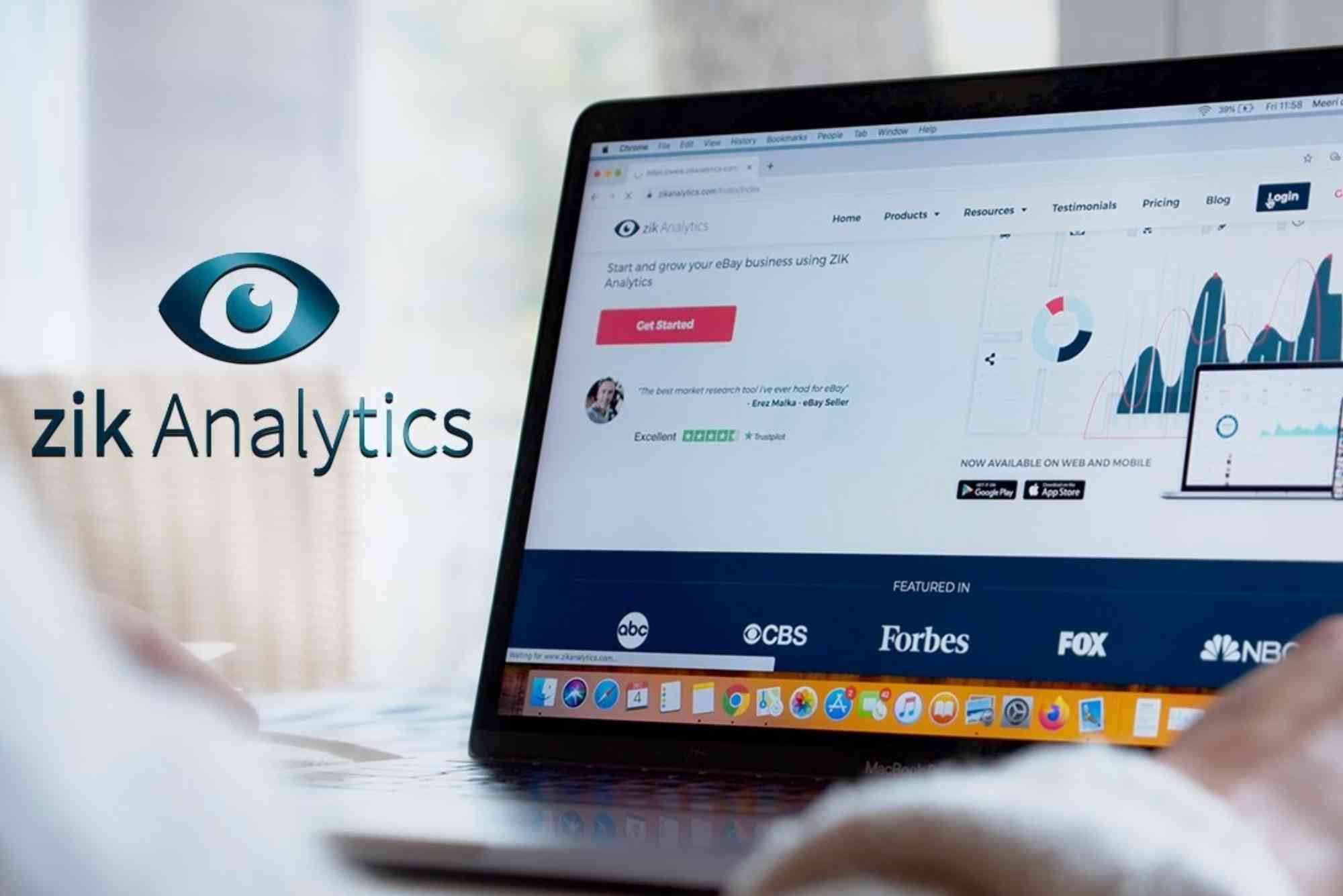How to Use Zoho Analytics for Better Decisions
In today’s data-driven world, businesses can no longer rely on assumptions or gut feelings to make key decisions. They need clear, accurate, and timely insights to drive growth and efficiency. That’s where Zoho Analytics steps in—a powerful business intelligence and data analytics platform designed to help you turn raw data into meaningful, actionable insights. Whether you’re a startup owner or part of a large enterprise, understanding how to use Zoho Analytics effectively can transform how you make decisions.
Understanding Zoho Analytics
Zoho Analytics is a self-service business intelligence (BI) and data analytics tool that allows users to analyze data, create insightful dashboards, and generate visual reports without needing deep technical skills. It integrates seamlessly with multiple data sources like CRMs, accounting tools, databases, and cloud storage systems. With Zoho Analytics, you can pull together fragmented data into one unified platform for clear, informed decision-making.
The platform supports businesses across different sectors—sales, marketing, finance, operations, and HR—by turning complex data into easy-to-understand visual stories. What sets Zoho Analytics apart is its simplicity. Even without coding knowledge, users can create complex data models and visually compelling dashboards using a drag-and-drop interface.
Why Zoho Analytics Matters for Modern Businesses
Data is only valuable if it leads to action. Zoho Analytics provides the right balance between data depth and usability. Instead of drowning in spreadsheets and disconnected reports, organizations can centralize all their business data and see a real-time overview of performance metrics. From sales trends to marketing ROI, Zoho Analytics helps you pinpoint strengths, weaknesses, and opportunities.
Using Zoho Analytics allows teams to:
-
Track KPIs and performance metrics efficiently
-
Identify trends and predict future outcomes
-
Collaborate and share reports across departments
-
Automate routine reporting processes
-
Make faster, evidence-based decisions
When implemented correctly, it becomes more than a reporting tool—it turns into a business partner that supports every strategic move.
Getting Started with Zoho Analytics
To get started, sign up for a Zoho account and choose the Analytics module. The platform is cloud-based, meaning you can access your data anywhere, anytime. Once logged in, you’ll find the user-friendly dashboard divided into sections like “Data Sources,” “Reports,” and “Dashboards.”
The first step is connecting your data. Zoho Analytics supports over 500 data sources, including Zoho CRM, Google Analytics, Salesforce, Excel, HubSpot, and databases like MySQL or PostgreSQL. Once connected, Zoho automatically syncs and refreshes data to ensure you’re always analyzing the latest figures.
How to Analyze Data in Zoho Analytics
Data analysis in Zoho Analytics follows a clear structure. You import or connect data, clean and organize it, then create visualizations and reports that bring insights to life.
Creating Reports and Dashboards
With Zoho’s drag-and-drop builder, you can easily create charts, pivot tables, and tabular reports. Users can combine multiple reports into interactive dashboards that give an instant snapshot of company performance. For example, a marketing dashboard might include website traffic, ad performance, and conversion rates, while a financial dashboard might display revenue, expenses, and profit margins.
Data Blending and Integration
Zoho Analytics excels at data blending—merging data from different sources to create unified reports. For instance, you can blend sales data from Zoho CRM with campaign data from Google Ads to evaluate which marketing channels bring the most valuable leads. This level of integration simplifies decision-making across departments.
AI-Powered Insights with Zia
Zoho Analytics includes an AI assistant called Zia, which can answer questions, create reports, and offer insights using natural language processing. Simply type, “What were our top-selling products last quarter?” and Zia will generate a chart or table instantly. This feature saves time and makes advanced analytics accessible to everyone on your team.
Collaborating in Zoho Analytics
Collaboration is a key strength of Zoho Analytics. You can share dashboards with specific team members, control access levels, and even embed reports into websites or apps. The commenting feature allows real-time feedback and discussion, ensuring that insights turn into actions.
Moreover, with scheduled email reports and notifications, teams stay updated without having to log in constantly. You can automate weekly summaries or monthly performance reports, freeing your time for strategic work instead of manual reporting.
Advanced Features for Deeper Insights
Zoho Analytics is more than just a visualization tool—it’s a complete analytics ecosystem.
Predictive Analytics
Using statistical models, Zoho Analytics helps forecast trends such as sales growth, customer churn, or budget utilization. Predictive analytics supports proactive decision-making by identifying potential outcomes before they happen.
Data Security and Compliance
For organizations concerned about data privacy, Zoho Analytics offers enterprise-grade security, data encryption, and GDPR compliance. Role-based permissions ensure sensitive data stays protected.
Mobile Accessibility
With the Zoho Analytics mobile app, decision-makers can monitor performance anytime. Whether you’re traveling or working remotely, all dashboards remain accessible on mobile devices with real-time synchronization.
Optimizing Business Decisions with Zoho Analytics
Implementing Zoho Analytics isn’t just about collecting data—it’s about transforming how you interpret it. Here’s how businesses can optimize their decision-making process using Zoho Analytics:
Identify Key Performance Indicators (KPIs)
Determine which metrics are most important for your goals—sales growth, lead conversion, or customer satisfaction. Zoho Analytics lets you track these KPIs visually, helping teams stay aligned and accountable.
Create Custom Dashboards for Each Department
Each department has unique data needs. A customized dashboard ensures every team focuses on relevant insights. Marketing teams might focus on lead generation and campaign ROI, while finance teams track costs and profits.
Automate Reporting for Real-Time Insights
Manual reports are outdated before they’re even finished. Zoho’s automation tools continuously update dashboards as new data flows in, ensuring leadership always makes decisions based on current information.
Leverage AI Recommendations
The AI assistant Zia can highlight anomalies, trends, and opportunities automatically. This helps leaders spot problems early and make informed corrections.
Collaborate for Unified Decision-Making
Sharing dashboards across departments encourages collaboration. When marketing, sales, and finance work from the same data, strategies become more cohesive and transparent.
How Zoho Analytics Compares to Other Tools
When comparing Zoho Analytics to competitors like Tableau, Power BI, or Google Data Studio, one major advantage is cost-effectiveness combined with ease of use. Zoho offers enterprise-grade analytics without the steep learning curve or high subscription cost.
Additionally, its tight integration with Zoho’s other products—such as Zoho CRM, Books, and Projects—makes it ideal for businesses already using the Zoho ecosystem. However, it’s flexible enough to integrate with non-Zoho platforms, giving it broad appeal for small to mid-sized businesses.
Practical Example: Using Zoho Analytics for Sales Optimization
Let’s consider a company aiming to improve sales performance. By connecting Zoho Analytics with their CRM, they can visualize which products perform best in different regions, analyze salesperson performance, and identify leads most likely to convert. With these insights, they can adjust pricing, refine marketing efforts, and allocate resources more efficiently—all backed by data rather than assumptions.
Common Mistakes to Avoid in Zoho Analytics
-
Overloading Dashboards: Too many charts can make dashboards confusing. Focus on core metrics.
-
Ignoring Data Cleansing: Ensure data is clean before importing; errors can distort insights.
-
Skipping Integration: Failing to connect all data sources limits the platform’s potential.
-
Not Setting Clear Goals: Analytics without defined objectives can lead to information overload.
FAQs
What is Zoho Analytics used for?
Zoho Analytics is used for analyzing business data, creating visual reports, and generating dashboards that help organizations make informed decisions.
Is Zoho Analytics suitable for small businesses?
Yes. Its affordability, user-friendly interface, and scalability make it perfect for small and growing businesses.
Can Zoho Analytics integrate with non-Zoho products?
Absolutely. It connects with popular tools like Google Analytics, Salesforce, HubSpot, and databases such as MySQL.
Is coding required to use Zoho Analytics?
No. The drag-and-drop interface and AI features allow users to create reports without coding.
How secure is Zoho Analytics?
Zoho uses advanced encryption, role-based permissions, and complies with major data privacy regulations to protect user data.
In an age where information moves fast, the ability to analyze and act on data quickly gives companies a competitive edge. Zoho Analytics simplifies complex analytics, allowing business owners and teams to understand data effortlessly and make decisions with confidence.
If you want to take your business insights to the next level, consider integrating Zoho Analytics into your workflow. For tailored support and strategic implementation, you can also consult with an SEO Expert Help team to optimize your data-driven marketing approach.
To explore how analytics shapes decision-making globally, check out Wikipedia Analytics for broader insights into the evolution of data intelligence.







